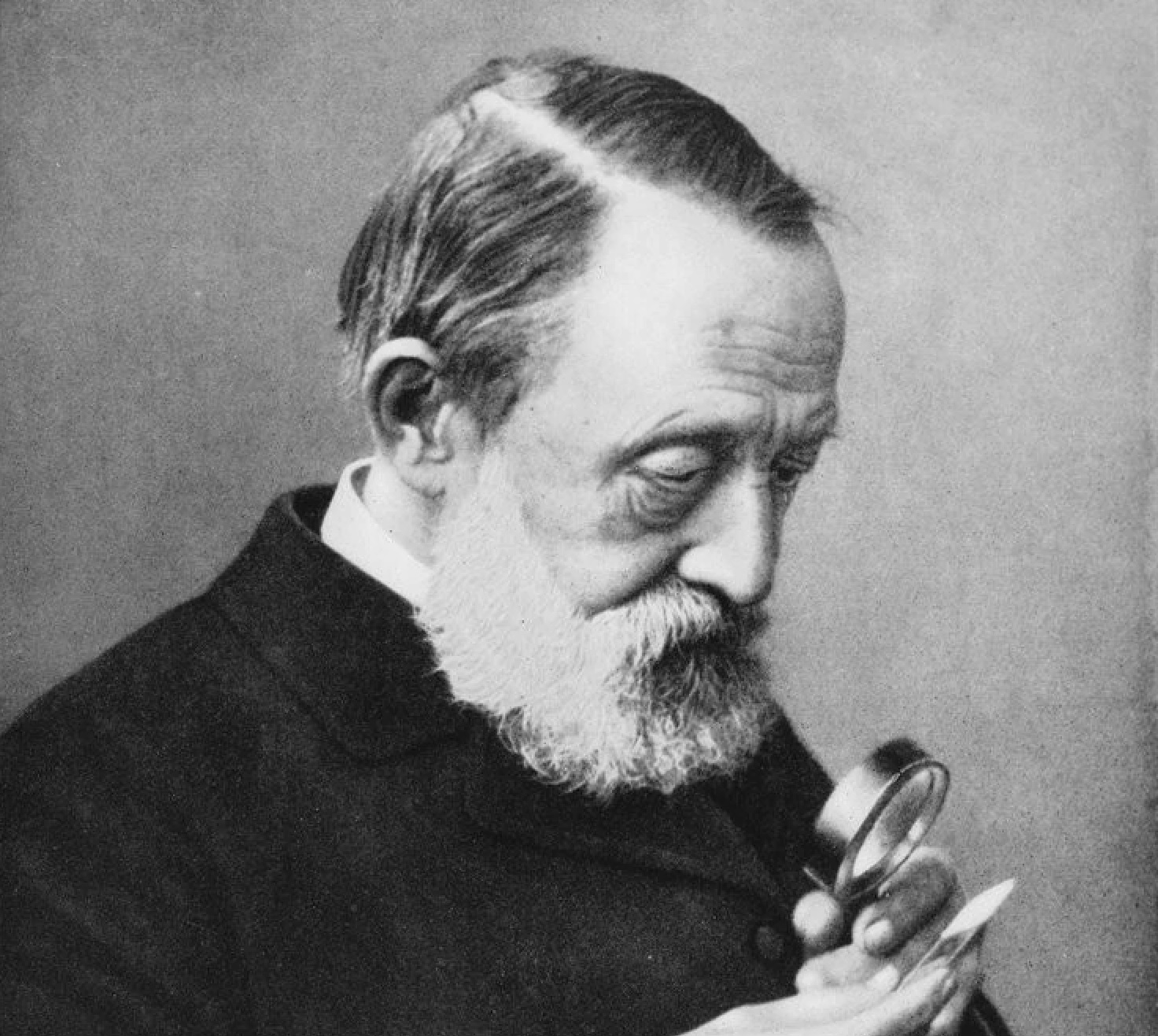
Who was Rudolf Virchow? Rudolf Virchow was a pioneering German physician, pathologist, and anthropologist who made groundbreaking contributions to medical science. Often called the "father of modern pathology," he revolutionized how diseases are understood and treated. Virchow's work extended beyond medicine; he was also a politician, advocating for public health reforms and social justice. His famous quote, "Medicine is a social science, and politics is nothing else but medicine on a large scale," highlights his belief in the interconnectedness of health and society. Ready to learn more? Here are 31 fascinating facts about this remarkable figure.
Key Takeaways:
- Rudolf Virchow, the "Father of Modern Pathology," revolutionized medicine by emphasizing the importance of cellular pathology and the impact of social factors on health.
- Virchow's legacy as a scientist, public health advocate, and social reformer continues to inspire and influence medicine, public health, and social science today.
Rudolf Virchow: The Father of Modern Pathology
Rudolf Virchow was a German physician, anthropologist, and politician. His contributions to medicine and science are vast and influential. Let's dive into some fascinating facts about his life and work.
-
Born on October 13, 1821, in Schivelbein, Prussia, Virchow showed an early interest in science and medicine.
-
He is often called the "Father of Modern Pathology" due to his groundbreaking work in cellular pathology.
-
Virchow coined the term "omnis cellula e cellula," meaning "every cell originates from another existing cell."
-
He was a pioneer in public health and believed that social factors significantly impact health.
-
Virchow's work laid the foundation for understanding diseases at the cellular level.
Contributions to Medicine and Science
Virchow's contributions to medicine and science are numerous. His work has influenced many fields, from pathology to anthropology.
-
He discovered that diseases are caused by changes in normal cells, not by supernatural forces.
-
Virchow identified and named several diseases, including leukemia.
-
He was the first to describe the mechanism of pulmonary embolism.
-
Virchow's research on thrombosis led to the development of the concept of Virchow's triad.
-
He made significant contributions to the study of inflammation and its role in disease.
Public Health Advocate
Virchow was not just a scientist; he was also a passionate advocate for public health. He believed that improving social conditions could prevent many diseases.
-
He investigated a typhus epidemic in Upper Silesia and linked it to poor living conditions.
-
Virchow advocated for better sanitation, clean water, and improved housing to combat disease.
-
He founded the field of social medicine, emphasizing the social determinants of health.
-
Virchow's work in public health led to reforms in sanitation and hygiene practices.
-
He believed that medicine should be a social science and that doctors should be advocates for social change.
Political Career
Virchow's commitment to social reform extended beyond his scientific work. He was also an active politician.
-
He served as a member of the Prussian House of Representatives.
-
Virchow was a co-founder of the German Progressive Party.
-
He used his political influence to advocate for public health reforms.
-
Virchow opposed Otto von Bismarck's policies and was a vocal critic of militarism.
-
He believed that science and politics should work together to improve society.
Anthropology and Archaeology
In addition to his medical and political work, Virchow made significant contributions to anthropology and archaeology.
-
He conducted extensive research on the cranial measurements of different human populations.
-
Virchow was a founding member of the German Anthropological Society.
-
He participated in archaeological excavations and studied ancient human remains.
-
Virchow's work in anthropology helped to debunk racist theories of human evolution.
-
He believed in the unity of the human species and opposed racial discrimination.
Legacy and Honors
Virchow's legacy continues to influence medicine, public health, and social science. His work has been recognized and honored in various ways.
-
The Virchow Institute in Berlin is named in his honor.
-
He received numerous awards and honors during his lifetime, including the Copley Medal.
-
Virchow's work is still taught in medical schools around the world.
-
He is remembered as a pioneer who bridged the gap between science and society.
-
Virchow's ideas about social medicine continue to inspire public health initiatives today.
-
His contributions to science and society have left an indelible mark on the world.
Virchow's Lasting Impact
Rudolf Virchow's contributions to science and medicine are nothing short of groundbreaking. From his pioneering work in cellular pathology to his efforts in public health, he reshaped our understanding of the human body and disease. His advocacy for social medicine highlighted the importance of addressing societal factors in health, a concept still relevant today. Virchow's legacy extends beyond his scientific achievements; he was a passionate advocate for education and social reform. His work laid the foundation for modern medical practices and public health policies. Remembering Virchow isn't just about honoring a historical figure; it's about recognizing the enduring influence of his ideas on contemporary medicine and society. His life reminds us that science and compassion can work hand in hand to improve human well-being.
Frequently Asked Questions
Was this page helpful?
Our commitment to delivering trustworthy and engaging content is at the heart of what we do. Each fact on our site is contributed by real users like you, bringing a wealth of diverse insights and information. To ensure the highest standards of accuracy and reliability, our dedicated editors meticulously review each submission. This process guarantees that the facts we share are not only fascinating but also credible. Trust in our commitment to quality and authenticity as you explore and learn with us.


